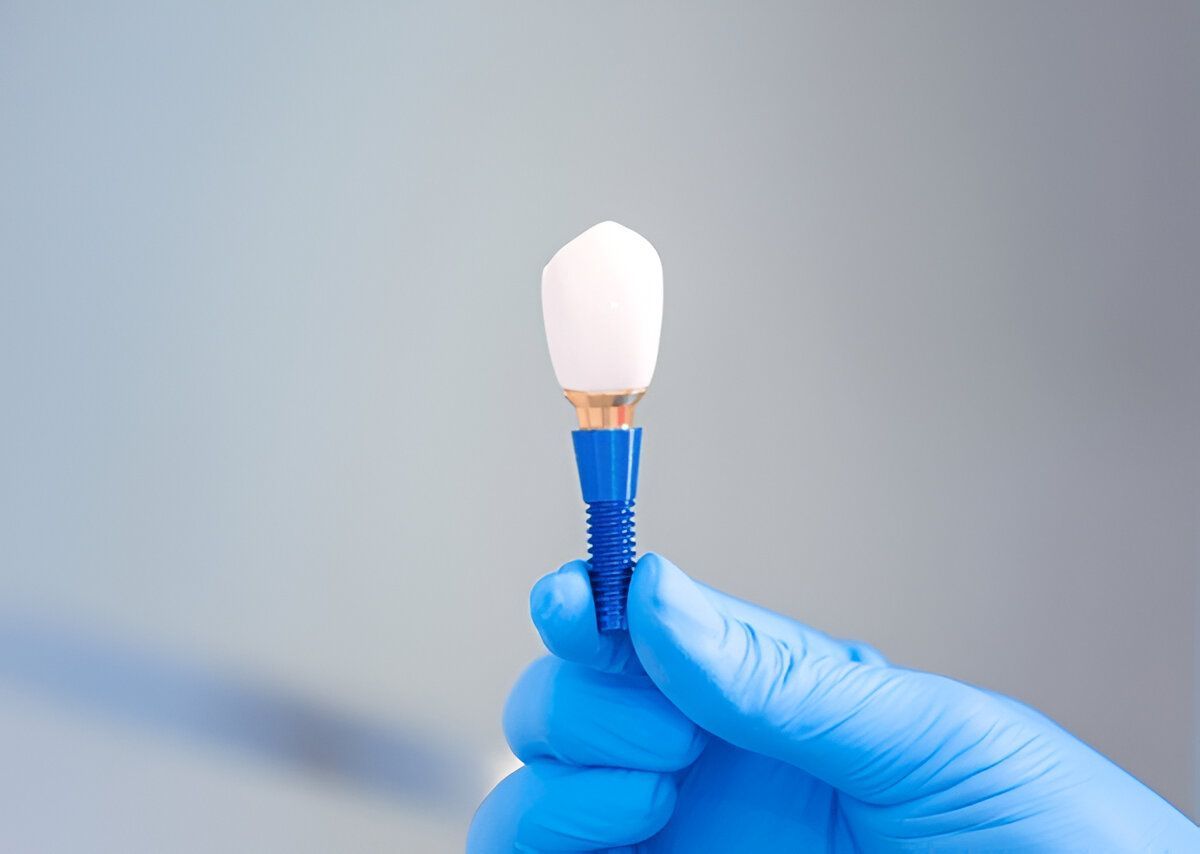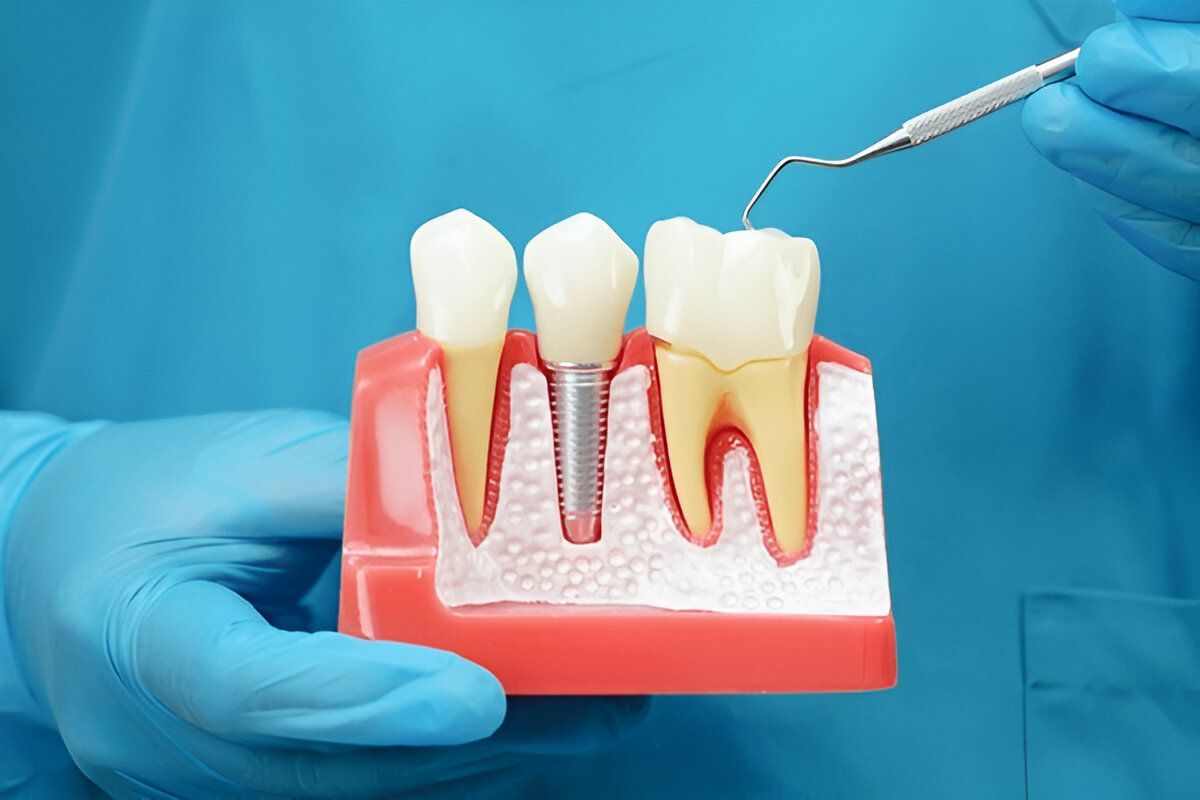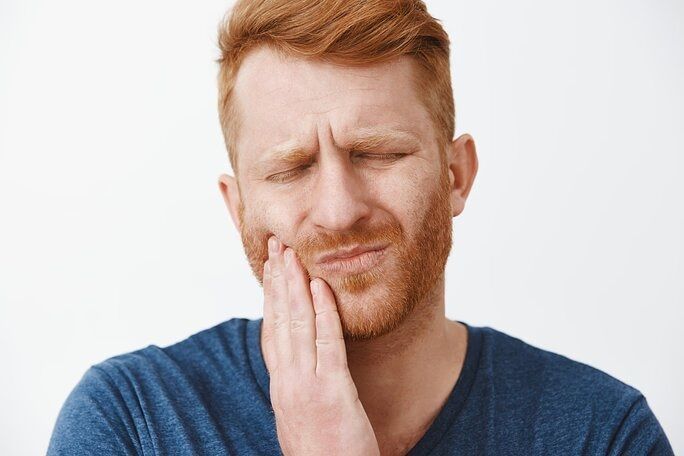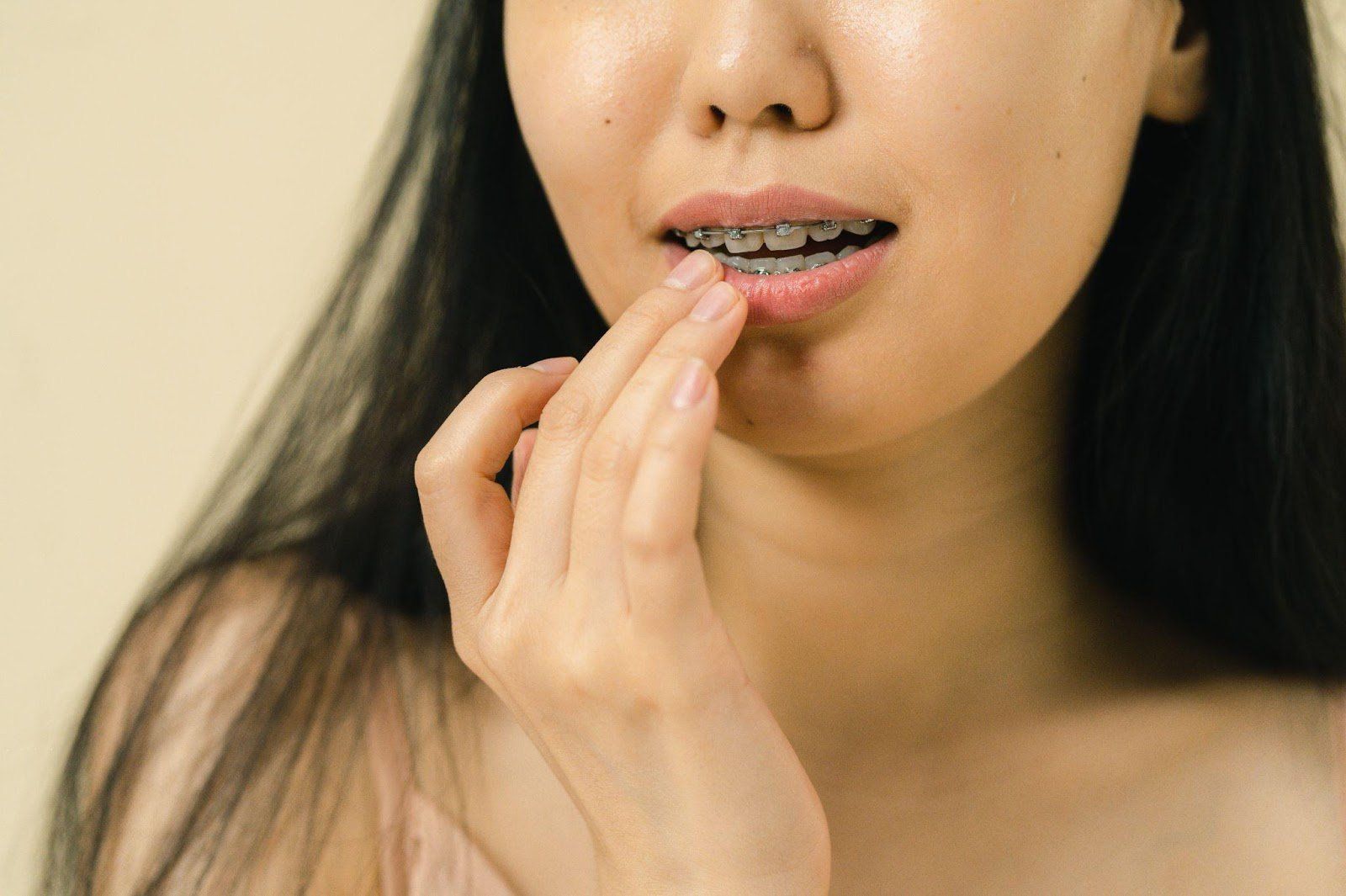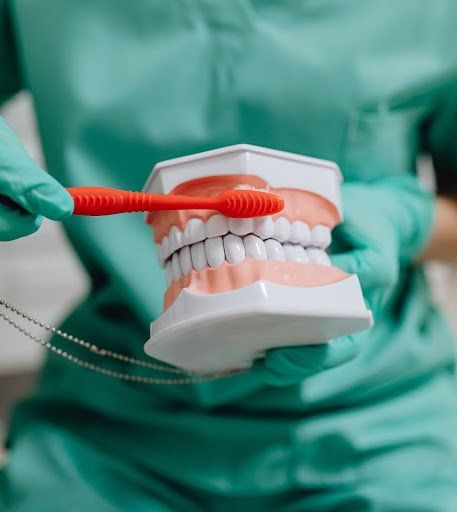Dental Implants and Smoking: What You Need to Know Before Surgery

Dental implants are an excellent long-term solution for missing teeth, offering durability, functionality, and a natural appearance. However, if you're a smoker considering dental implants in Brooklyn , there are essential factors to consider before surgery. Smoking can significantly impact the success of dental implants, leading to complications such as delayed healing, infection, and even implant failure. In this guide, we’ll explore how smoking affects dental implants and what you can do to improve your chances of a successful procedure.
How Smoking Affects Dental Implants
1. Reduced Blood Flow and Slow Healing
Nicotine restricts blood flow, reducing oxygen levels in the bloodstream. This slows down the healing process after implant surgery, increasing the risk of complications such as infections or implant failure.
2. Higher Risk of Implant Failure
Studies show that smokers have a significantly higher implant failure rate compared to non-smokers. Smoking weakens the body’s ability to integrate the implant with the jawbone, a process known as osseointegration.
3. Increased Risk of Peri-Implantitis
Smokers are more susceptible to peri-implantitis , a condition similar to gum disease that affects the tissues around the implant. This infection can lead to bone loss and ultimately result in implant failure.
4. Weakened Immune System
Smoking weakens the immune system, making it harder for the body to fight off infections. This can result in prolonged swelling, pain, and other complications post-surgery.
5. Dry Mouth and Bacterial Growth
Smoking contributes to dry mouth, which reduces saliva production. Saliva plays a crucial role in washing away bacteria, and without it, harmful bacteria can accumulate, increasing the risk of infections around the implant.
Tips for Smokers Considering Dental Implants
If you smoke and want to get dental implants in Brooklyn , here are some essential tips to improve your chances of a successful procedure:
1. Quit Smoking Before Surgery
Dentists recommend quitting smoking at least one to two months before the implant procedure to enhance healing and reduce complications.
2. Avoid Smoking During the Healing Period
Refraining from smoking for at least
three to six months after implant surgery
gives your body time to heal and properly integrate the implant with your jawbone.
3. Practice Excellent Oral Hygiene
Brushing and flossing daily, along with regular dental cleanings , can help reduce the risks of infection and maintain gum health. Learn more about our cosmetic dentistry services in Bushwick to enhance your smile.
4. Schedule Regular Dental Check-Ups
Frequent dental visits allow your dentist to
monitor
your implant’s progress and address any early signs of complications. Book an appointment today at
Park Dental BK
to discuss your treatment options.
5. Use Smoking Cessation Aids
Consider nicotine patches, gum, or other smoking cessation aids to help you quit. Your dentist may also provide guidance on strategies to stop smoking before your implant surgery.
Are You a Good Candidate for Dental Implants?
Even if you are a smoker, you may still be eligible for dental implants in Brooklyn. However, your dentist will assess your overall oral health, bone density, and commitment to lifestyle changes before proceeding with the treatment.
In some cases, bone grafting may be necessary if smoking has caused significant jawbone deterioration. You can also explore alternative restorative dentistry options if implants are not the best fit for your dental health.
Final Thoughts
While smoking poses challenges for dental implant success, taking proactive steps can improve your outcomes. If you’re considering dental implants in Brooklyn, consult our expert team at Park Dental BK. We provide personalized treatment plans to help you achieve a healthy, long-lasting smile.
For more information or to book an appointment, contact us today !
FAQs About Smoking and Dental Implants
1. Can I get dental implants if I smoke?
Yes, but smoking increases the risk of complications. Your dentist may recommend quitting or reducing smoking before surgery.
2. How long should I quit smoking before getting dental implants?
It is best to quit
at least one to two months before surgery
to improve healing and reduce risks.
3. What happens if I smoke after getting dental implants?
Smoking can delay healing, increase the risk of infection, and cause implant failure. Avoid smoking for at least
three to six months
post-surgery.
4. Can vaping affect dental implants?
Yes, vaping
contains
nicotine, which restricts blood flow and negatively
impacts
healing,
similar to
traditional smoking.
5. What are the signs of implant failure in smokers?
Symptoms include pain, swelling, loosening of the implant, and gum infections. If you notice any issues, contact our dental office
immediately.
6. Is there a higher risk of gum disease with smoking?
Yes, smoking weakens gum health and increases the chances of
peri-implantitis
, which can cause implant failure.
7. Are there any alternatives to dental implants for smokers?
If implants are not suitable, options like bridges or dentures may be considered. Your dentist will assess your needs and recommend the best solution.
8. How can I improve my oral health before getting dental implants?
Maintain good oral hygiene, quit smoking, and consider professional dental treatments
to improve gum and bone health before implant surgery.
9. Do smokers need more frequent dental check-ups after getting implants?
Yes, regular check-ups help
monitor
implant health and prevent complications. Schedule routine visits with your
Brooklyn implant dentist
for
optimal
care.
10. Will my dental implants last if I quit smoking?
Yes, quitting smoking significantly increases the longevity of your implants and overall oral health.
